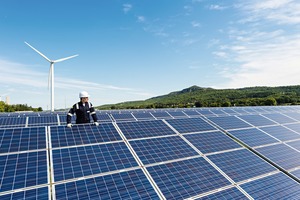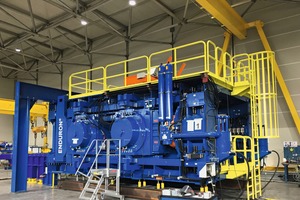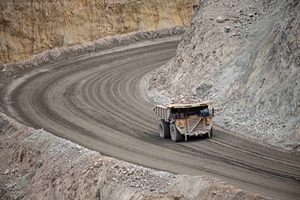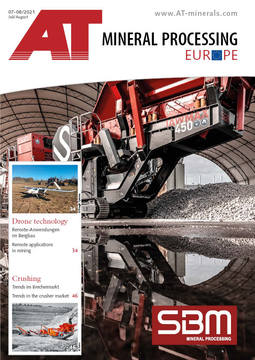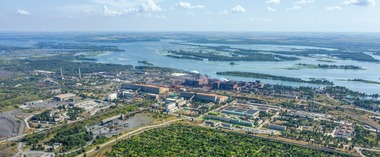Carbon reduction opportunities in global mining
The report, commissioned by the Weir Group plc, analyses mine energy data from over 40 published studies to give a comprehensive understanding of where energy is consumed in mining and minerals processing. It shows that the total amount of power used by the mining industry is equal to c. 3.5 % of global energy use.
The metals produced by mining are critical for enabling the global transition to low-carbon infrastructure. But without action, energy use in mining itself is set to trend higher in the coming years as demand increases for metals like copper, nickel and zinc. The report suggests there are technologies available today that could make a significant difference to this trend. For example, it highlights that comminution – i.e. crushing and grinding processes – is the single biggest user of energy at mine sites, typically accounting for 25 % of mining’s final energy consumption. This is equivalent to the power used by 221 million typical UK homes, or c.1 % of total consumption globally. Comminution is therefore a natural target for the most impactful energy savings opportunities.
Small improvements in comminution technologies can lead to relatively large savings in both energy consumption and greenhouse gas emissions. For example, a 5 % incremental improvement in energy efficiency across comminution could result in greenhouse gas emissions reductions of more than 30m tonnes of CO2. The replacement of traditional comminution equipment with new grinding technology also reduces indirect emissions in the mining value chain, for example by removing the need for the manufacture of emission-intensive steel grinding balls. Of the remaining energy consumption by the mining industry, diesel in varied forms of mobile equipment accounts for 46 %, electricity in mining (ventilation) 15 % and “other electricity” 14 %.
Other significant opportunities identified by the report for reducing mining’s energy consumption include optimisation, big data and artificial intelligence. In addition, if zero emissions energy sources are deployed for mining equipment – e.g., renewable energy, energy storage and alternative fuels – then the industry may well be able to achieve zero emissions, leaving a relatively small role for offsets and carbon credits to play.
The report comes as the mining industry is under ever-greater pressure to produce essential minerals that support some of the biggest global structural trends, from population growth to urbanisation and decarbonisation. Copper, nickel, steel and lithium are core components of electricity transmission and storage, electric vehicles and renewable energy infrastructure. The move to a decarbonised economy will result in increased primary consumption of these mined commodities, even after factoring for recycling, so it is important that mining itself becomes more sustainable.

